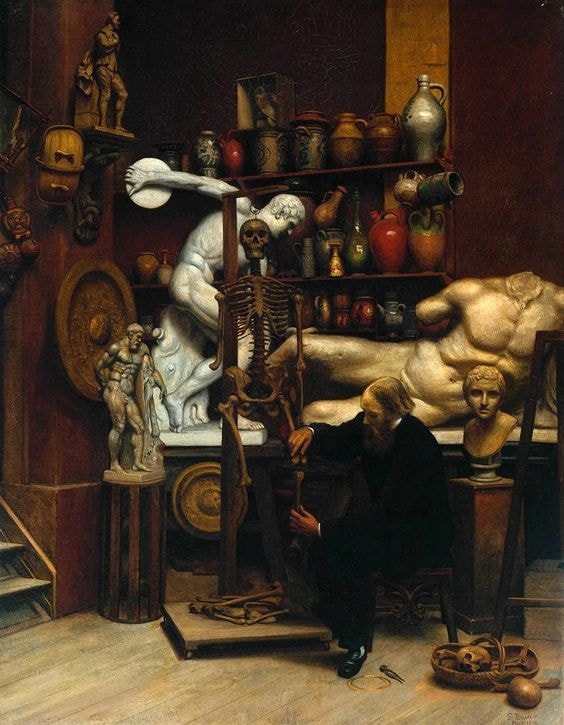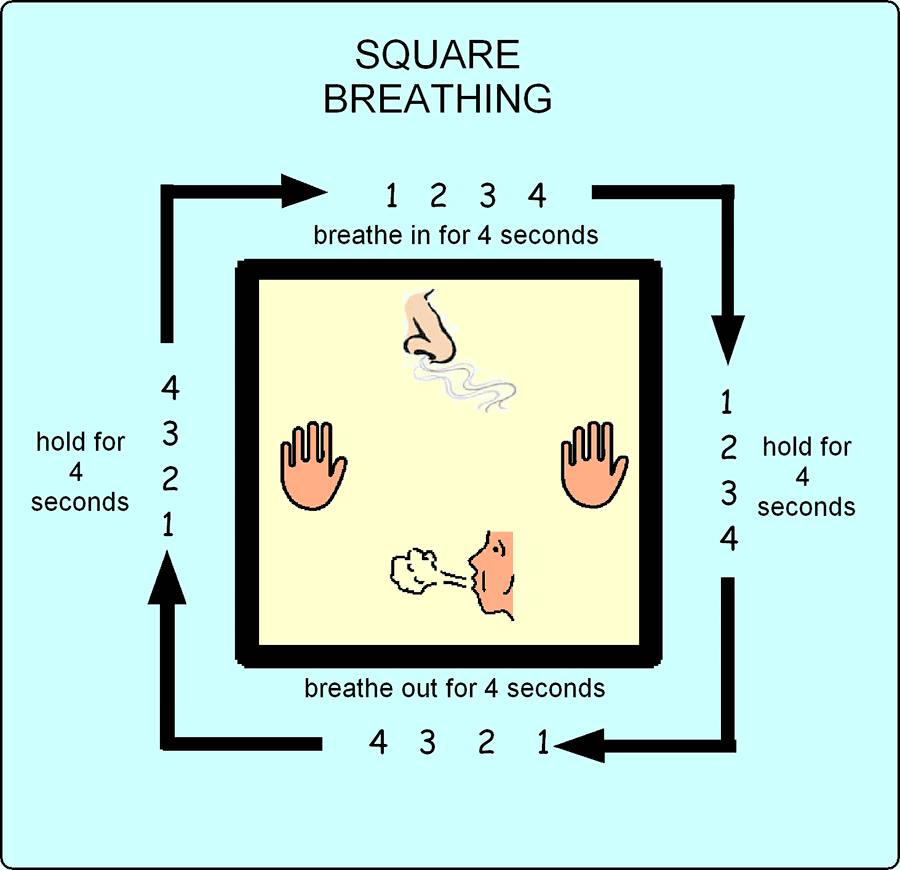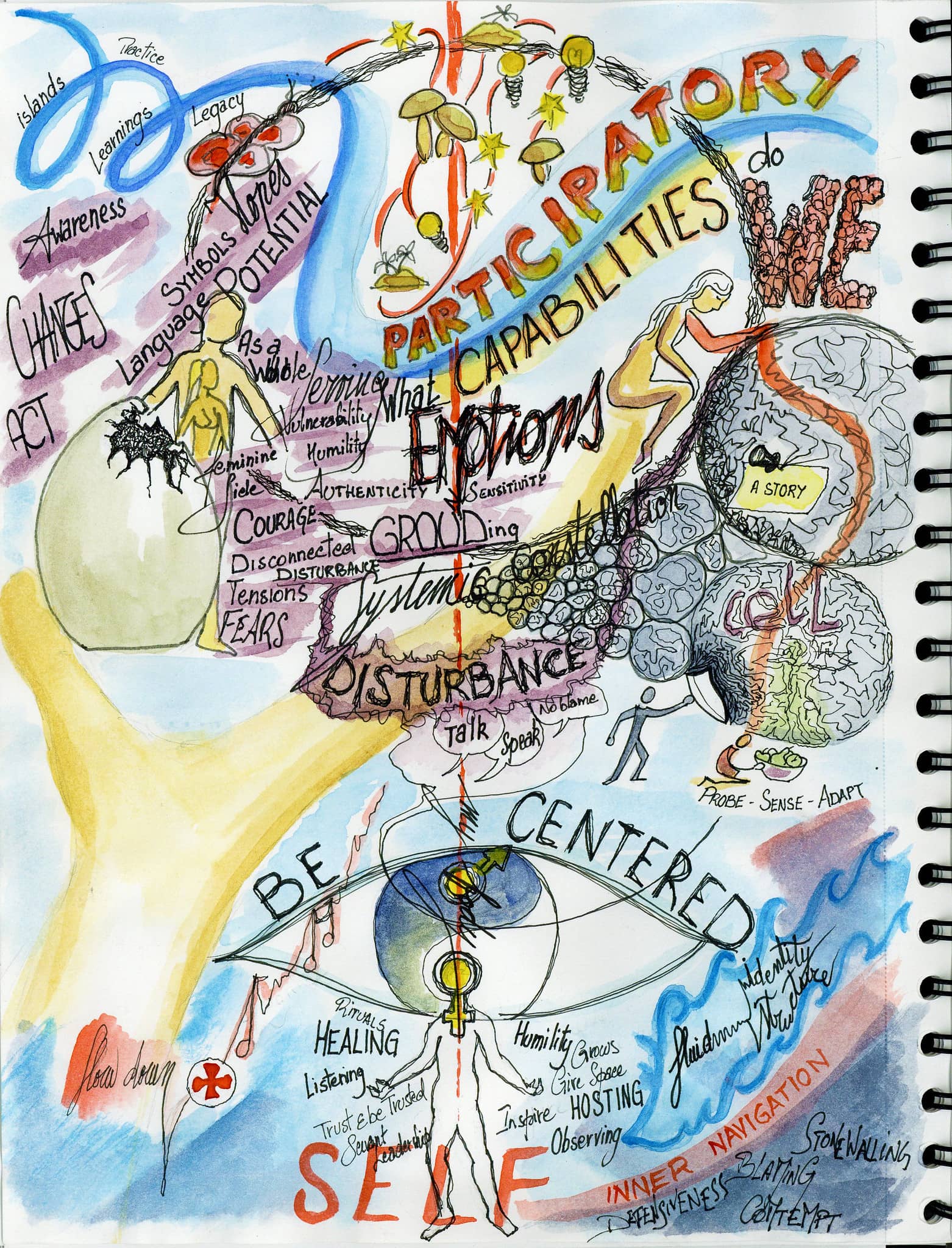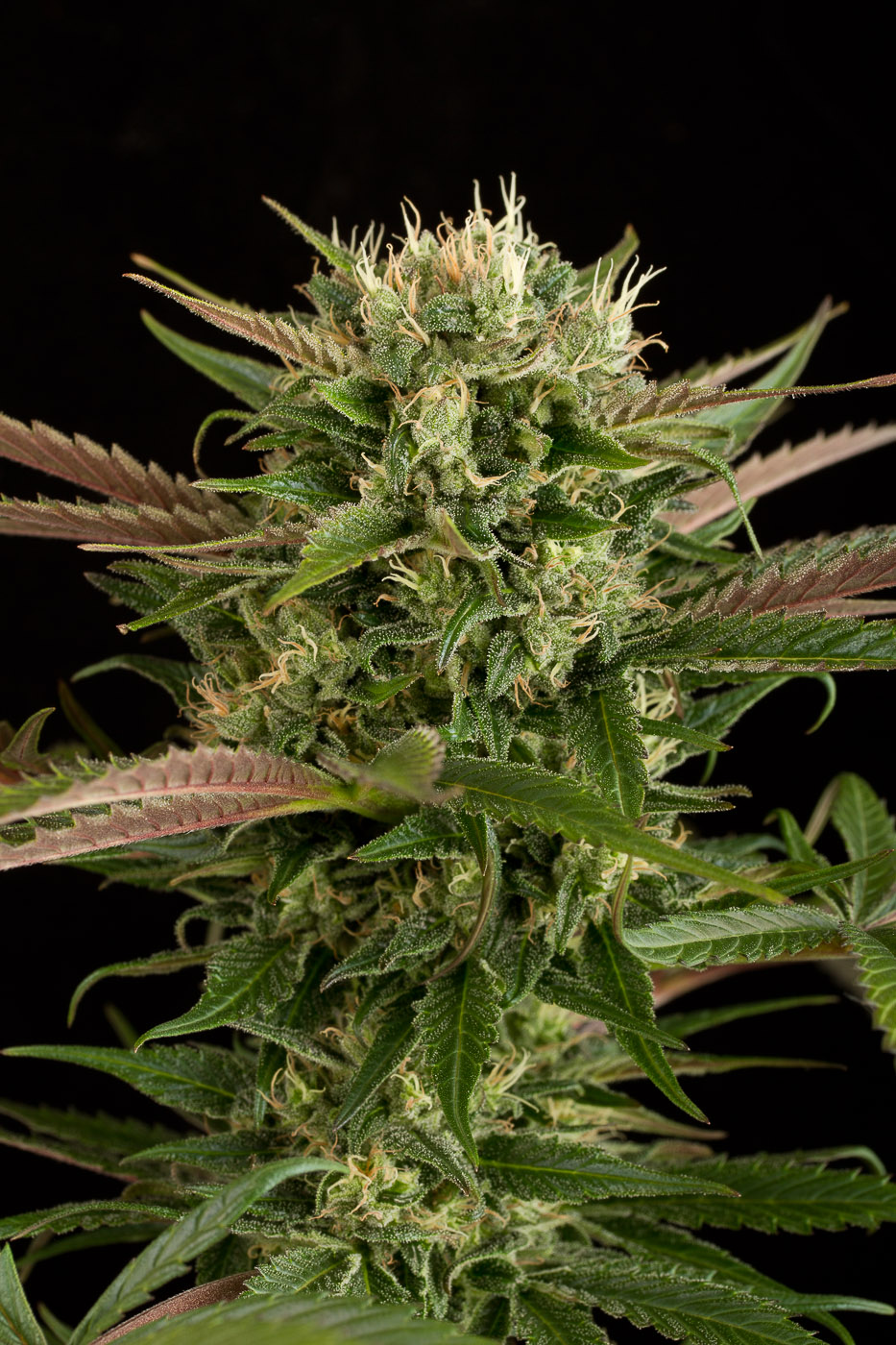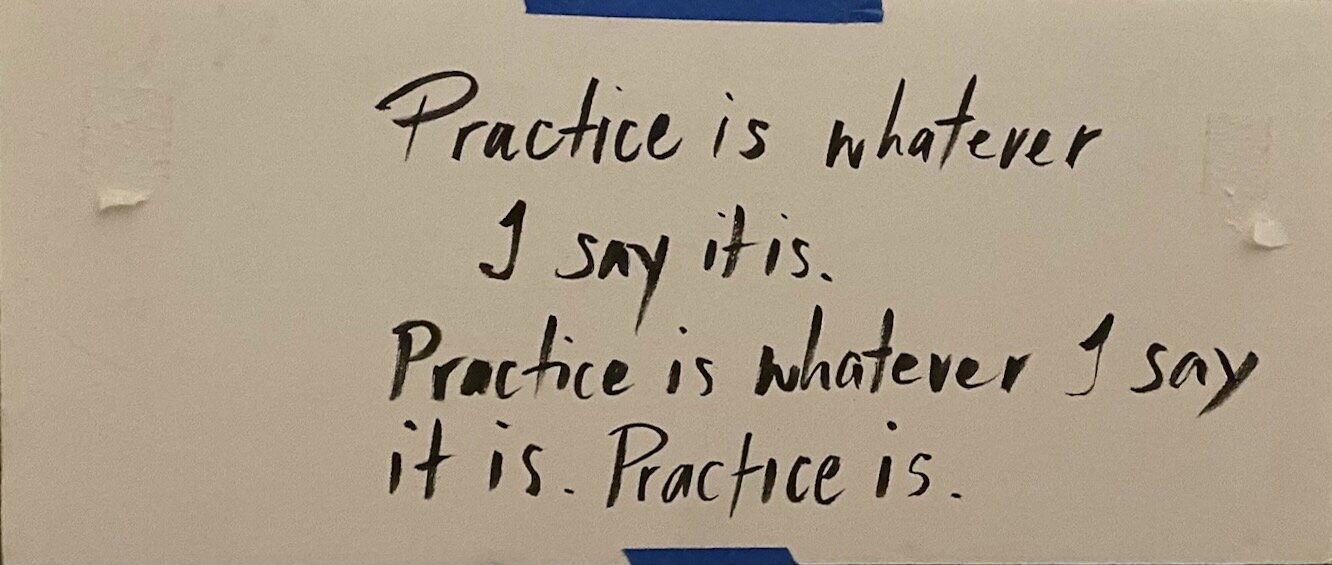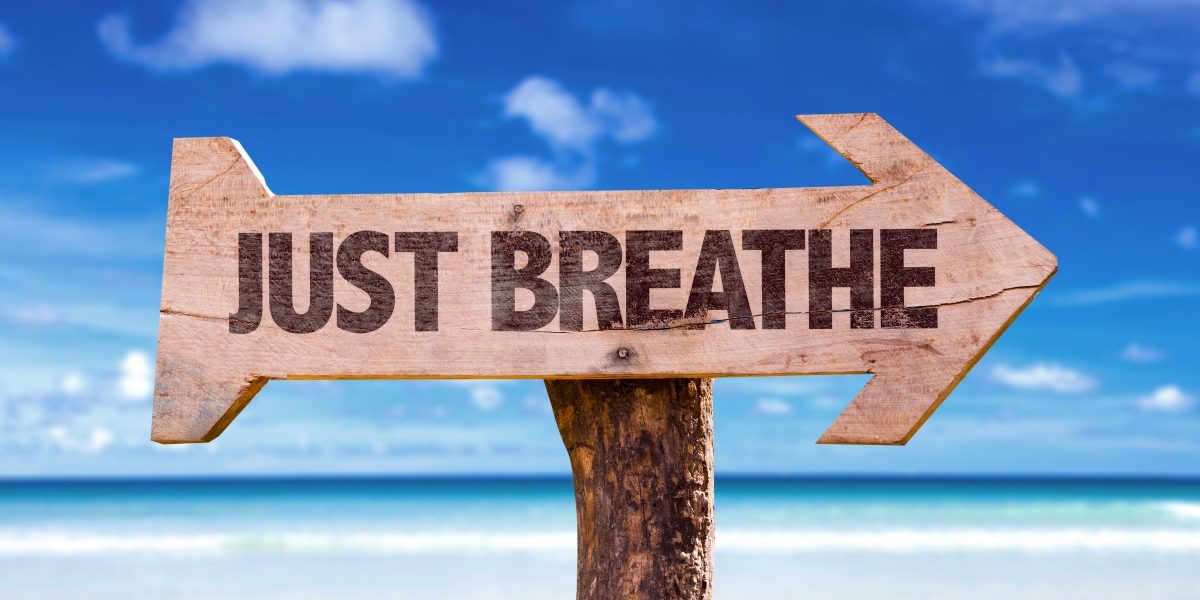tag > Praxis
-
Get Together: How to build a community with your people (Book)
True stories of everyday people who created thriving communities, both in-person and online. The authors untangle the challenge of getting passionate people together into clear steps, helping individuals and organizations navigate the intricacies of leading a community.
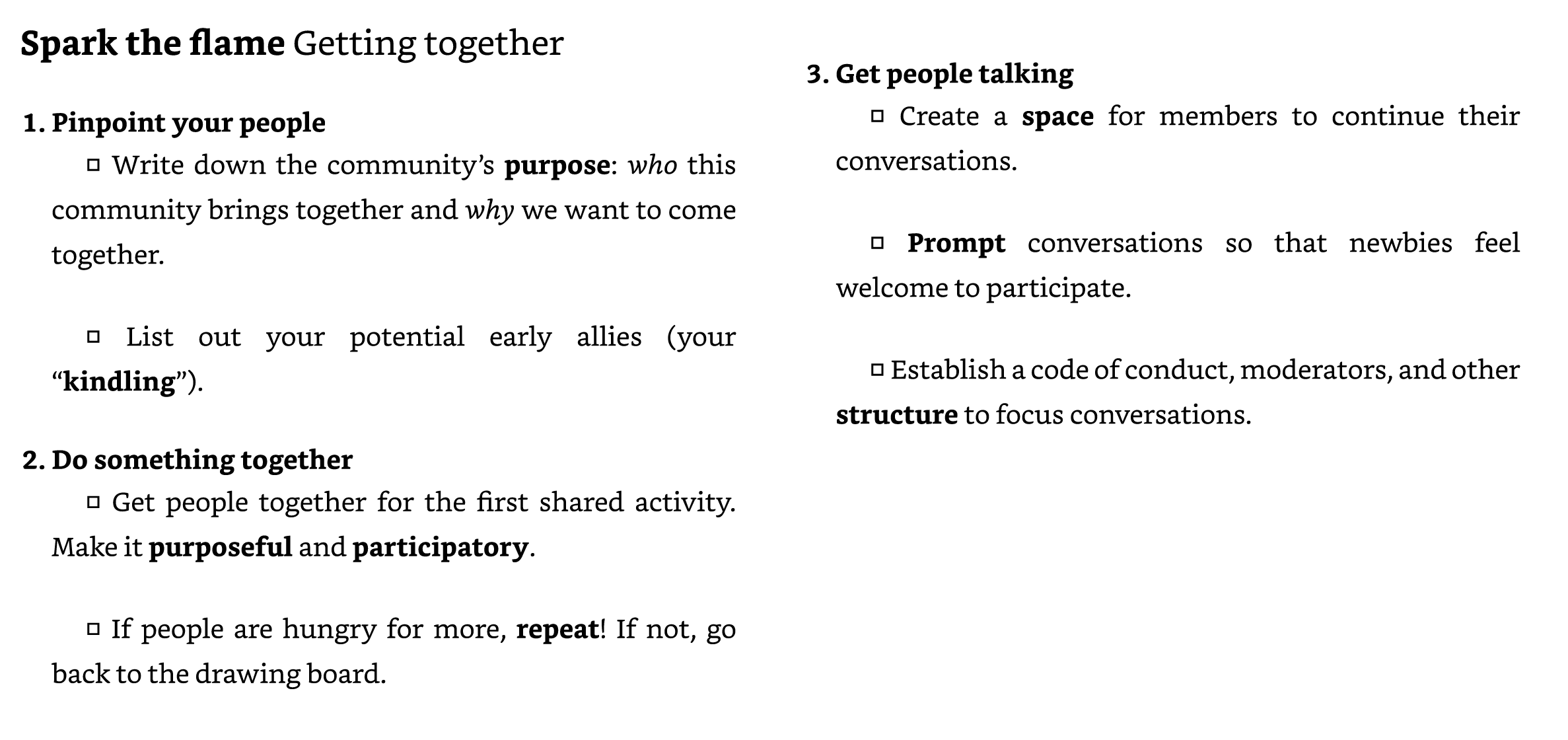
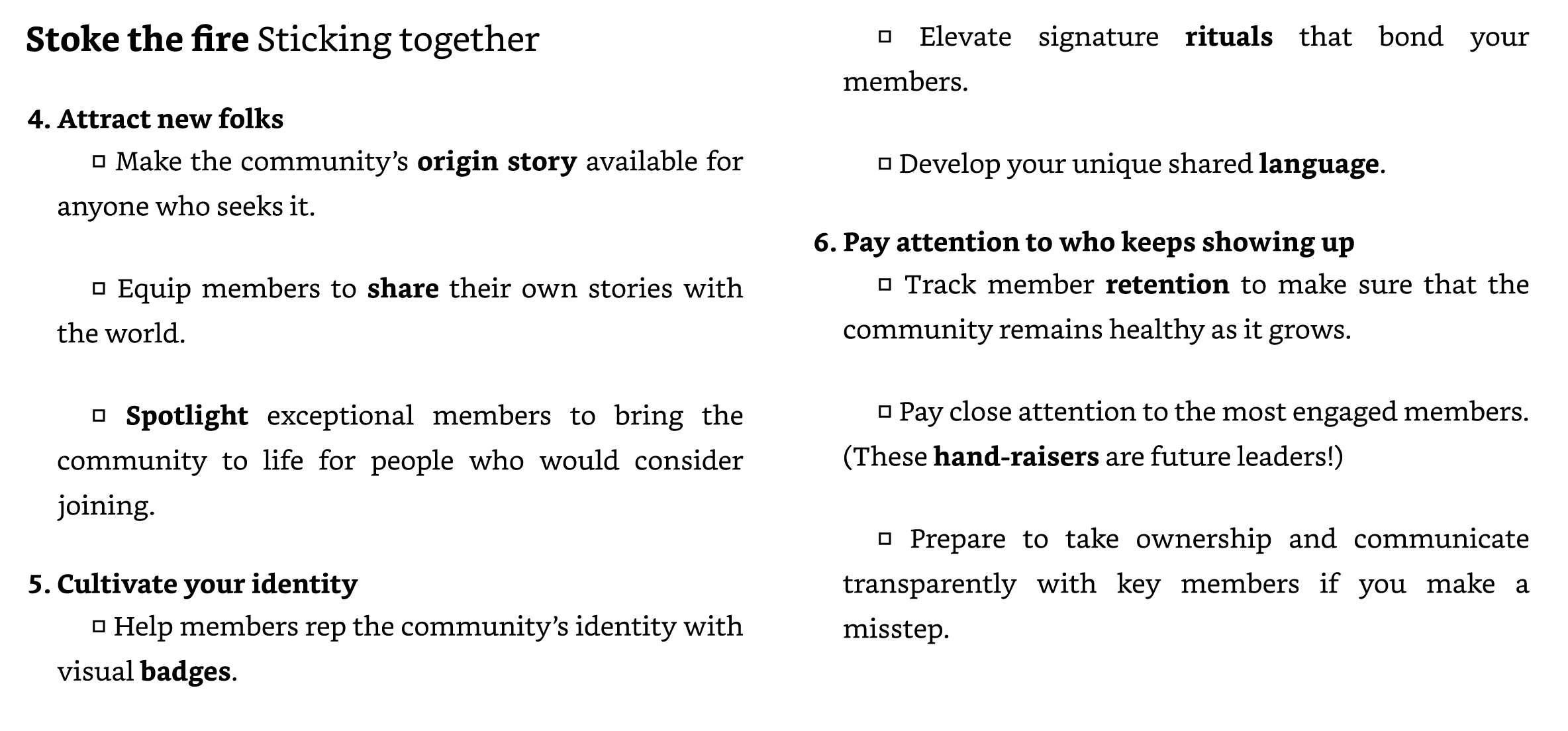
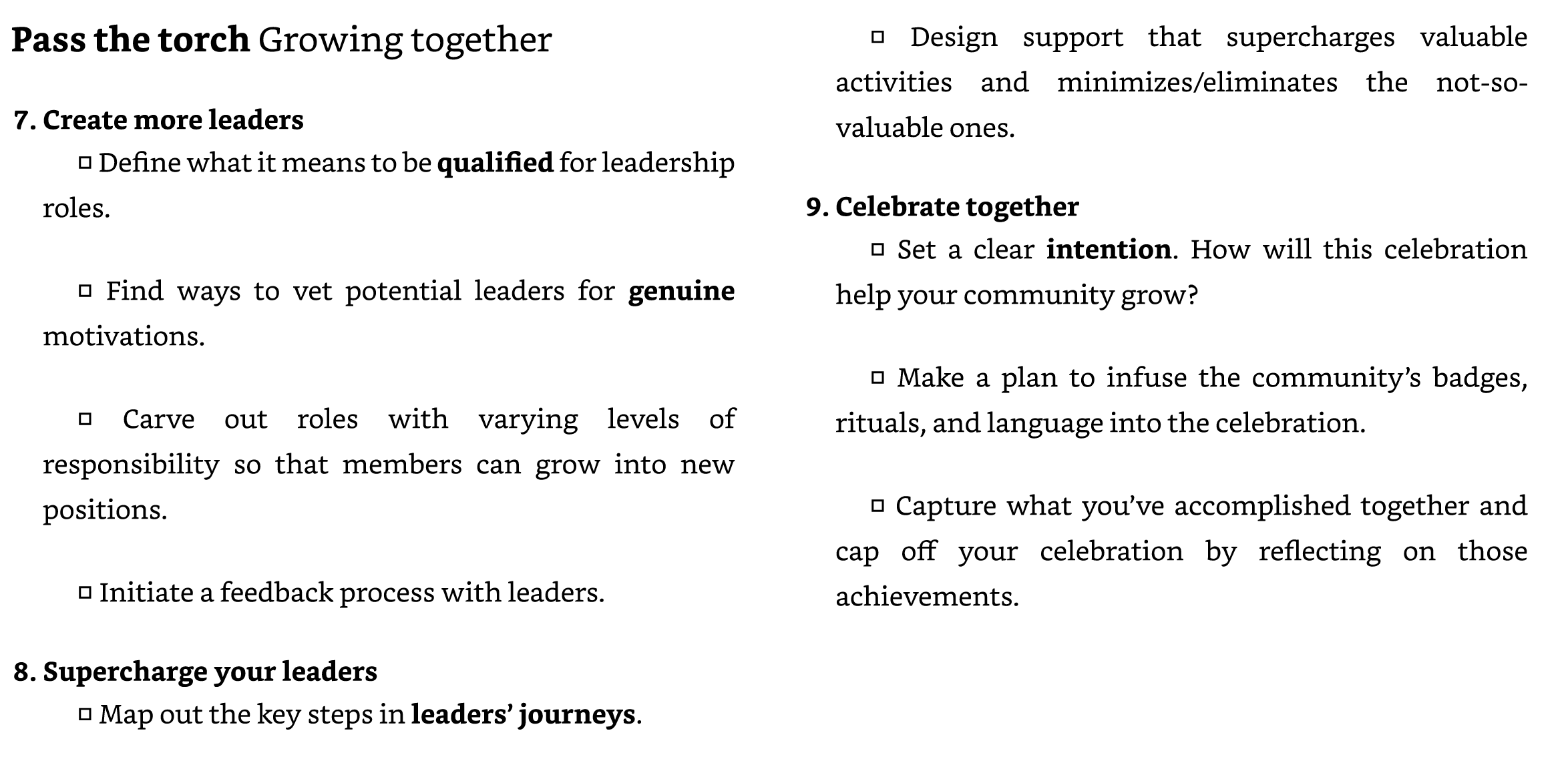
-

According to Wenger-Trayner (2015), communities of practice (CoP) are “groups of people who share a concern or a passion for something they do and learn how to do it better as they interact regularly.” (p. 1). This is not just a group or team; it has to meet at least three key characteristics: domain, community and practice.
Domain refers to shared interest or competence that distinguishes its members from other individuals. Community, on the other hand, is formed through shared activities and discussions, whereby members help each other, share information and learn from each other to build stronger relationships. Practice means that members are supposed to be practitioners who “share a repertoire of resources: experiences, stories, tools, ways of addressing recurring problems—in short a shared practice… which takes time and sustained interaction.” (Wenger-Trayner, 2015, p. 2). The combination of these three elements constitutes a community of practice, and developing and sustaining these three elements can lead for such a community to flourish. Figure 1 shows the interconnectedness of these key qualities that comprise CoP.
-
The habits of highly effective community development practitioners
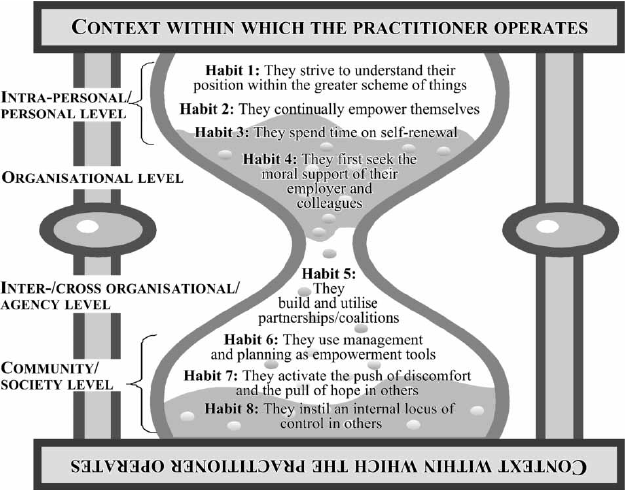
This paper is the result of a study aimed at answering the question: 'What makes effective community development practitioners effective?' In it, all the articles published over a 10-year period in the Community Development Journal, International Social Work, Journal of Community Practice and Social Work (South Africa) were subjected to a secondary analysis. This made it possible to identify eight 'habits of effectiveness'. This set of habits can form a credo to guide a practitioner's service delivery. It also provides a list of criteria to help identify ineffective habits and confirm effective ones.
-
Communities of Practice (CoPs)
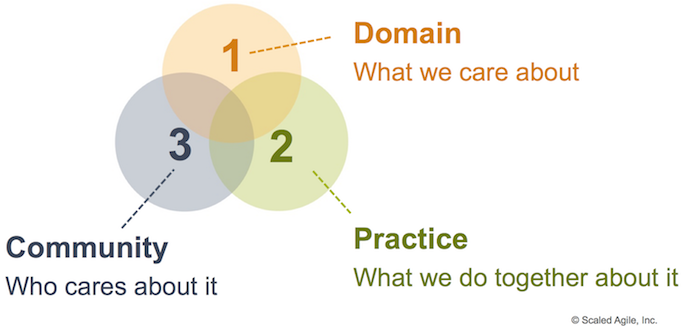
Communities of Practice (CoPs) are organized groups of people who have a common interest in a specific technical or business domain. They collaborate regularly to share information, improve their skills, and actively work on advancing the general knowledge of the domain.
-

"Wisdom is not the product of schooling but the lifelong attempt to acquire it." - Albert Einstein
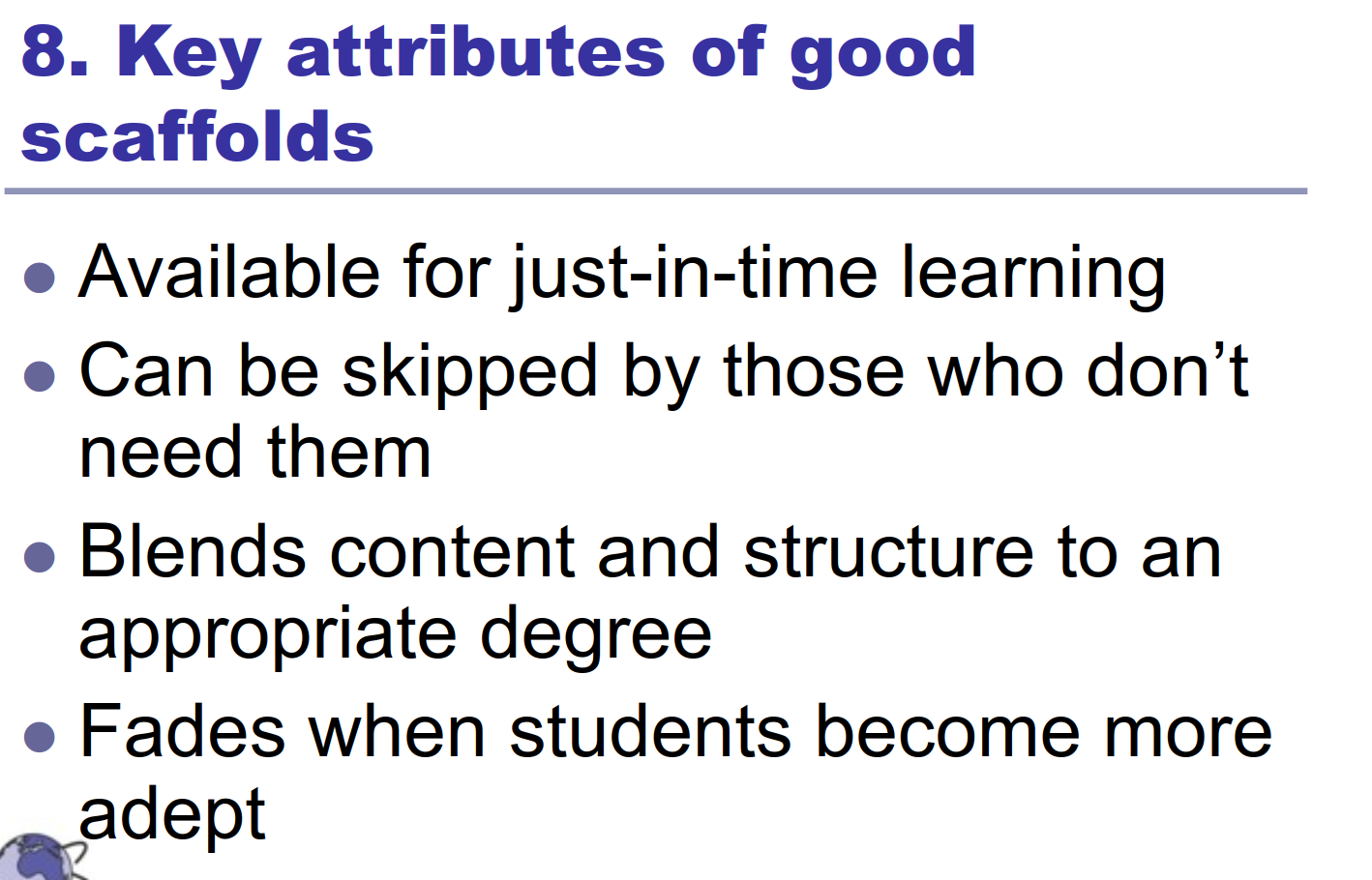
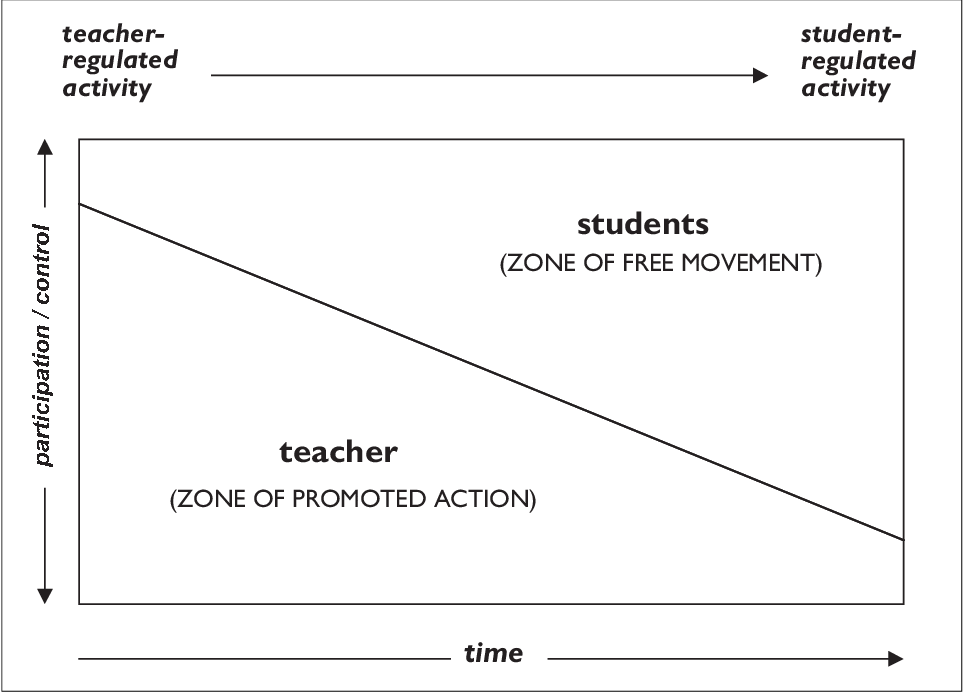
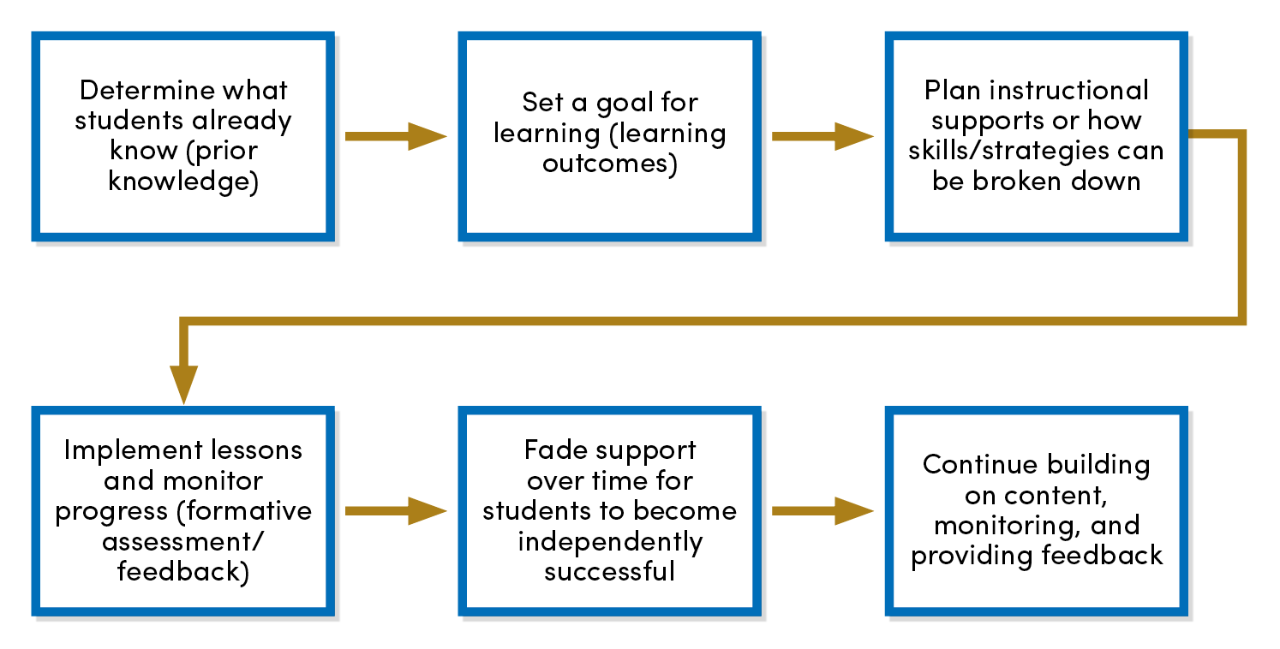
-
I'm Laughing – Insights from Nerdful Mind
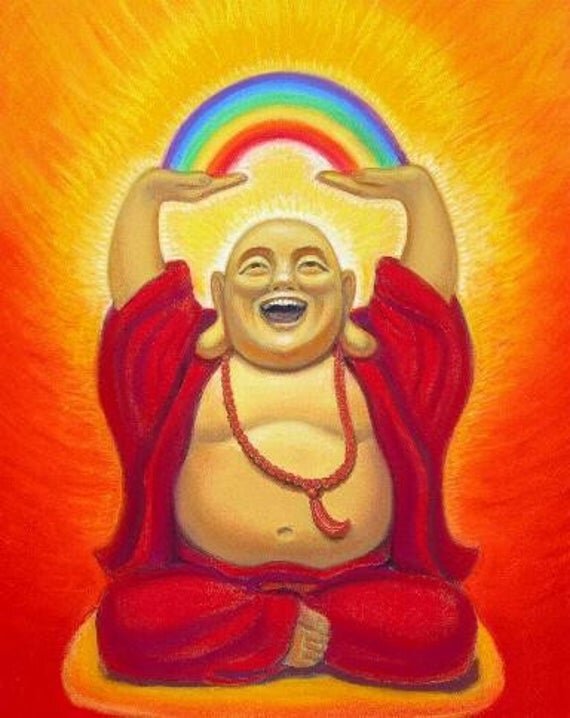
I’m laughing and I hope you do, too. At least sometimes. Laughter decreases levels of cortisol and epinephrine, and releases dopamine and serotonin. This makes you feel less stressed, more relaxed, and happier (study). Laughter also improves your immune system by enhancing the effectiveness of T-cells (study) and increasing the number of antibody-producing cells (study). Besides the research, laughing just feels refreshing. And it’s contagious, so people around you can enjoy it, too! Some people laugh less than others, and I’m certainly a smile-more-laugh-less type of person. So a few years ago I made the deliberate choice to laugh out loud more.
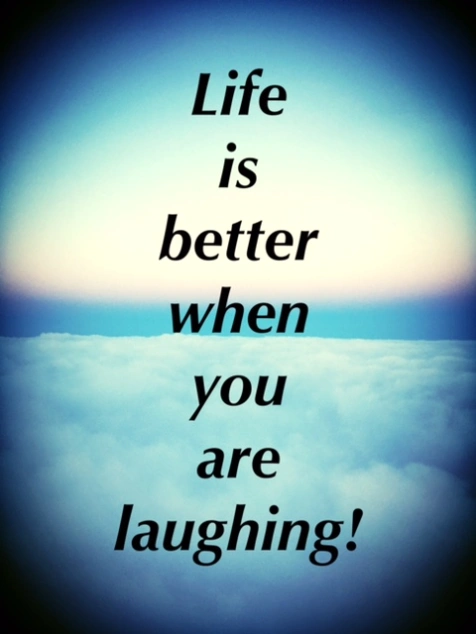
Tips for laughing more:
- Spend time with people who make you laugh
- Find comics, videos or jokes that make you laugh and save them for when you need some humour
- Just laugh - smiling on purpose can make you happier (study), so laughing on purpose could do the same thing
“Laughter lets me relax. It’s the equivalent of taking a deep breath, letting it out and saying, ‘This, too, will pass’.” — Odette Pollar
Reading Recommendations
Weekly Mindfulness Practice
- Take a deep breath and let everything go.
- Close your eyes.
- Think about one thing, moment, or person who made you happy today.
- Enjoy that feeling for a few breaths.
- Open your eyes with a smile.
-
Rituals create community by translating our love into action - Article on Xunzi by Curie Virág
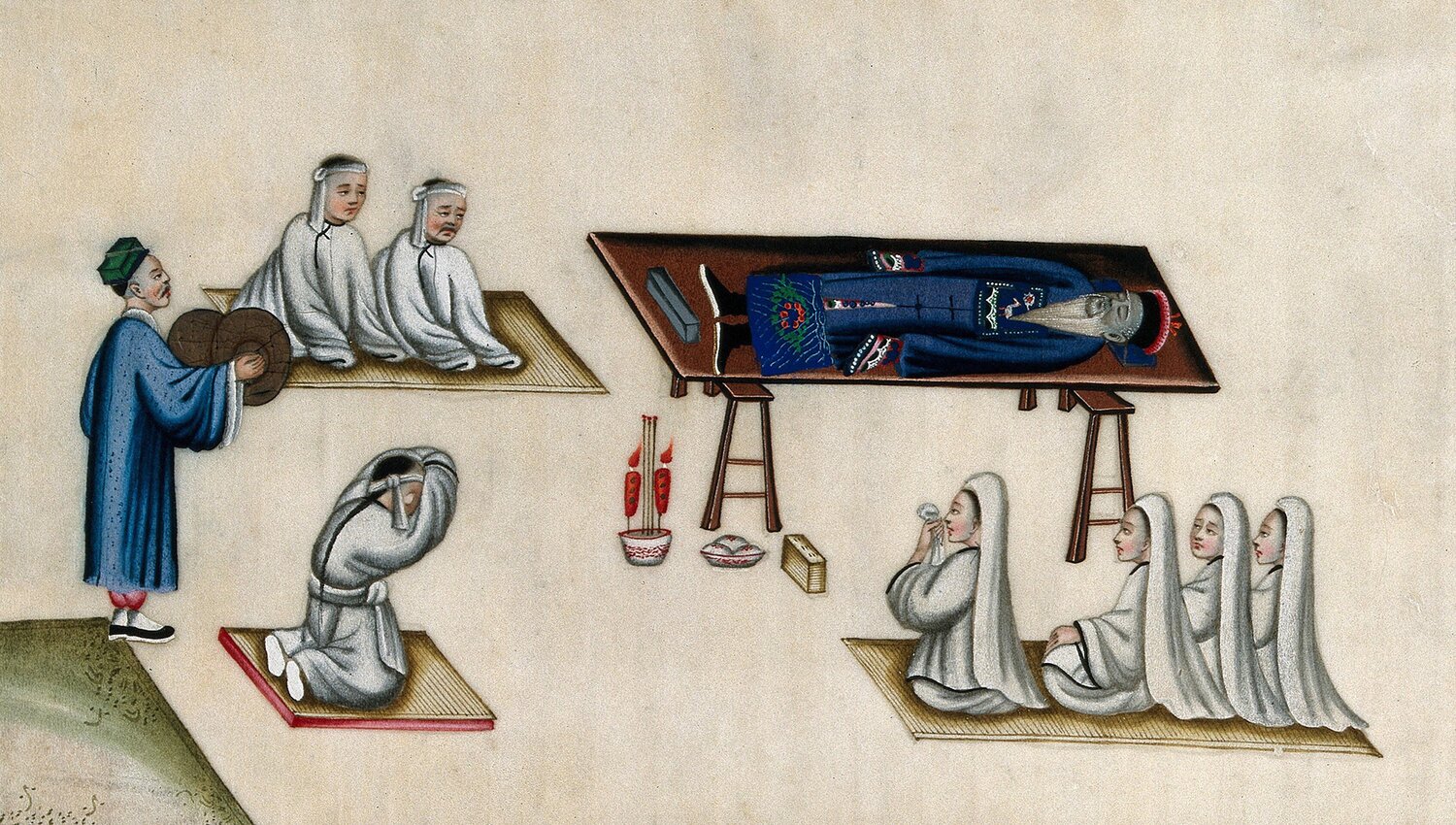
For Xunzi, the Chinese Confucian philosopher of the third century BCE, emotions such as love and gratitude are not just feelings in response to events – things that happen to us – but possibilities for action. Through ritual, he declares, we ‘give a shape to that which is without physical substance and magnificently accomplish proper form’.
-
Praxis: Knowledge isn't power until it is applied.
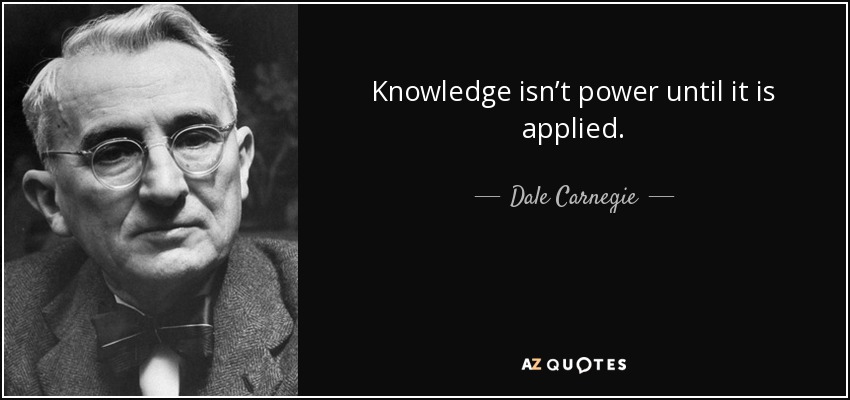
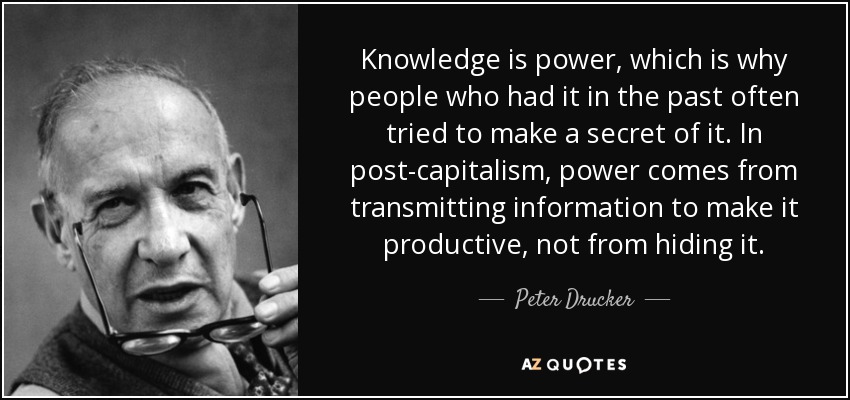
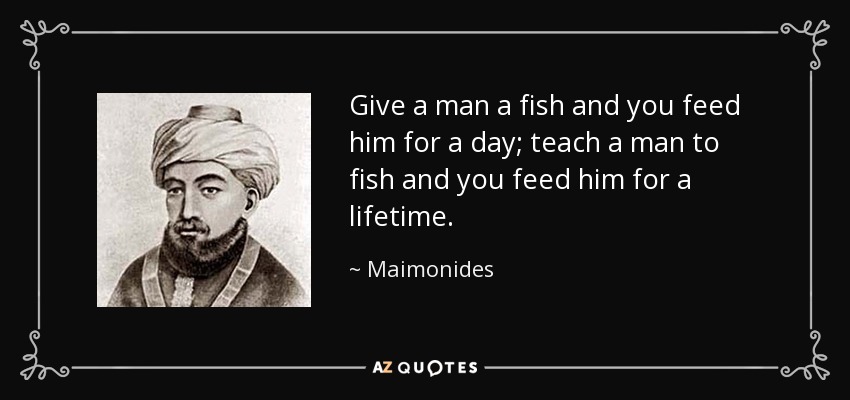
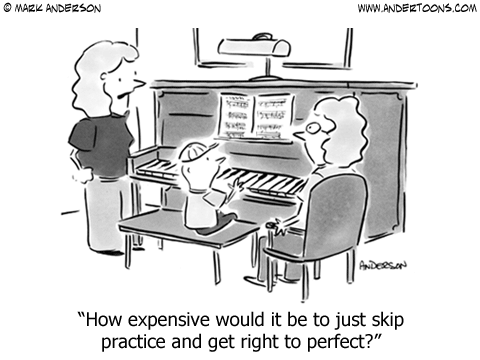
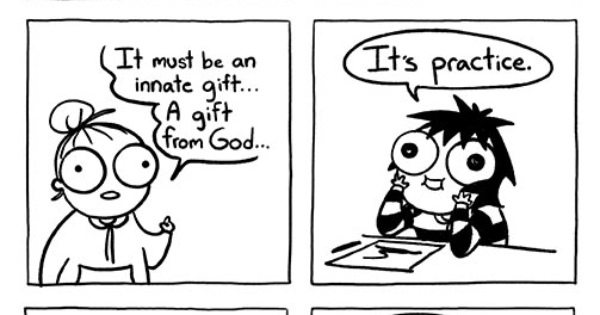
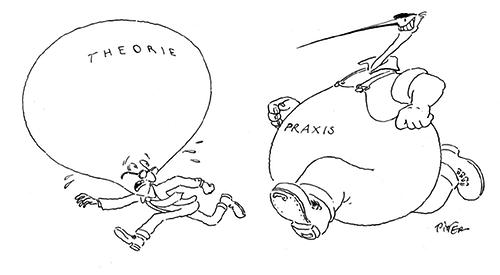
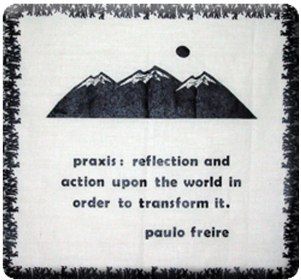
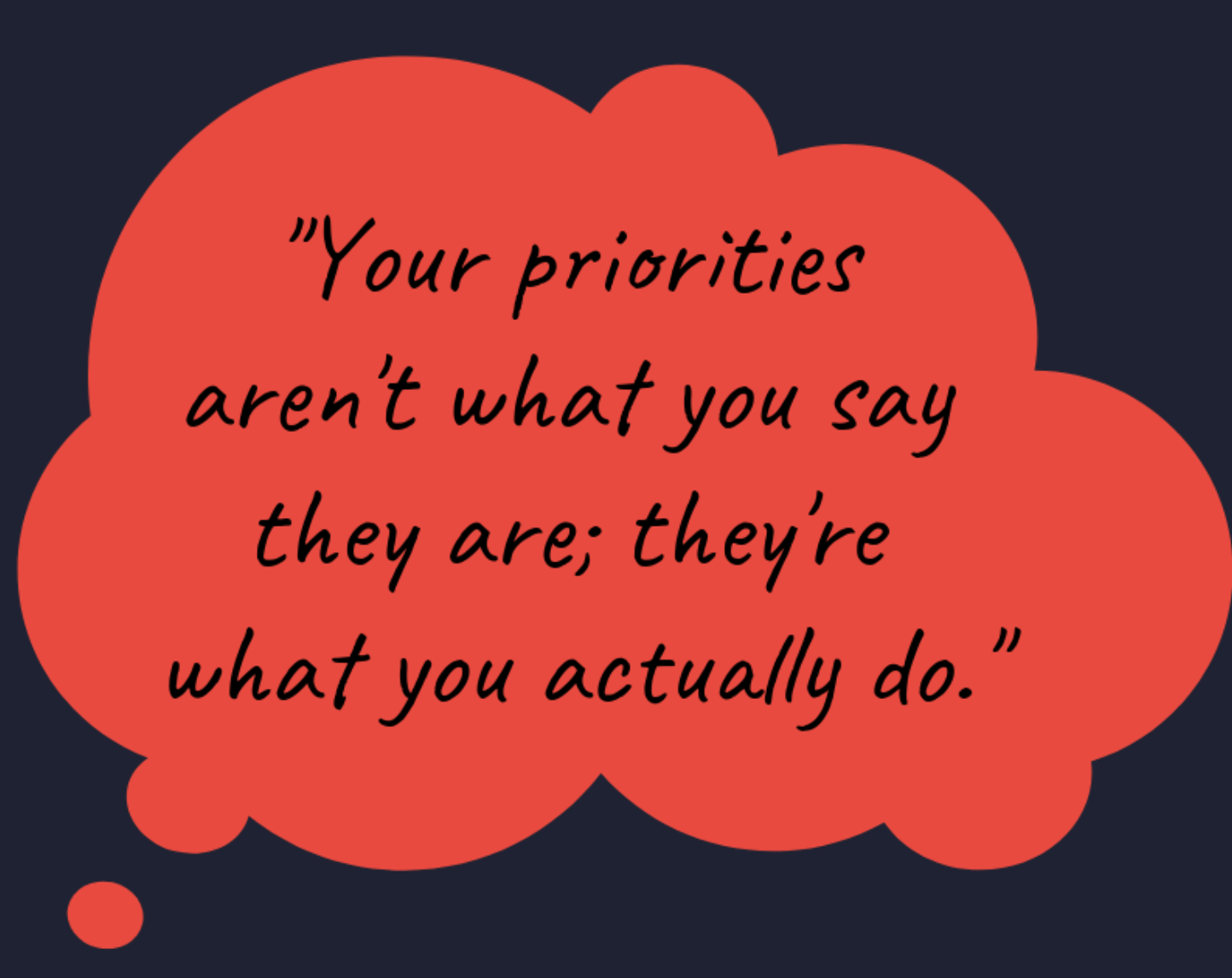
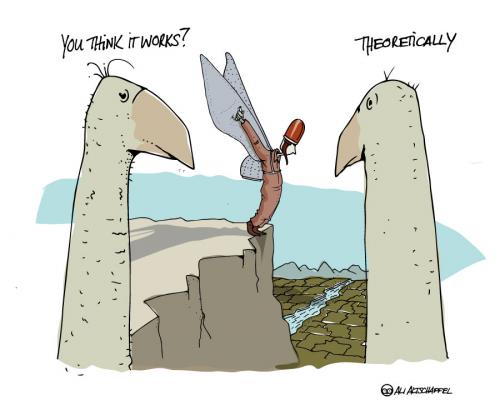
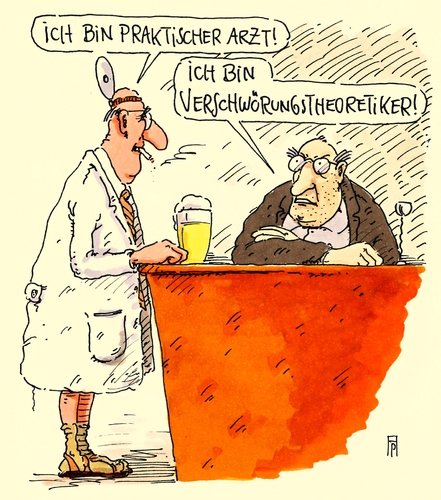
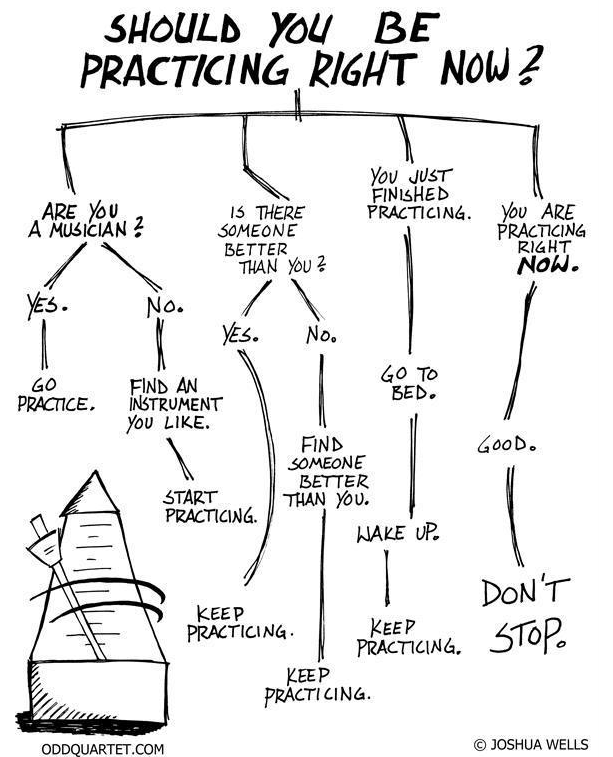
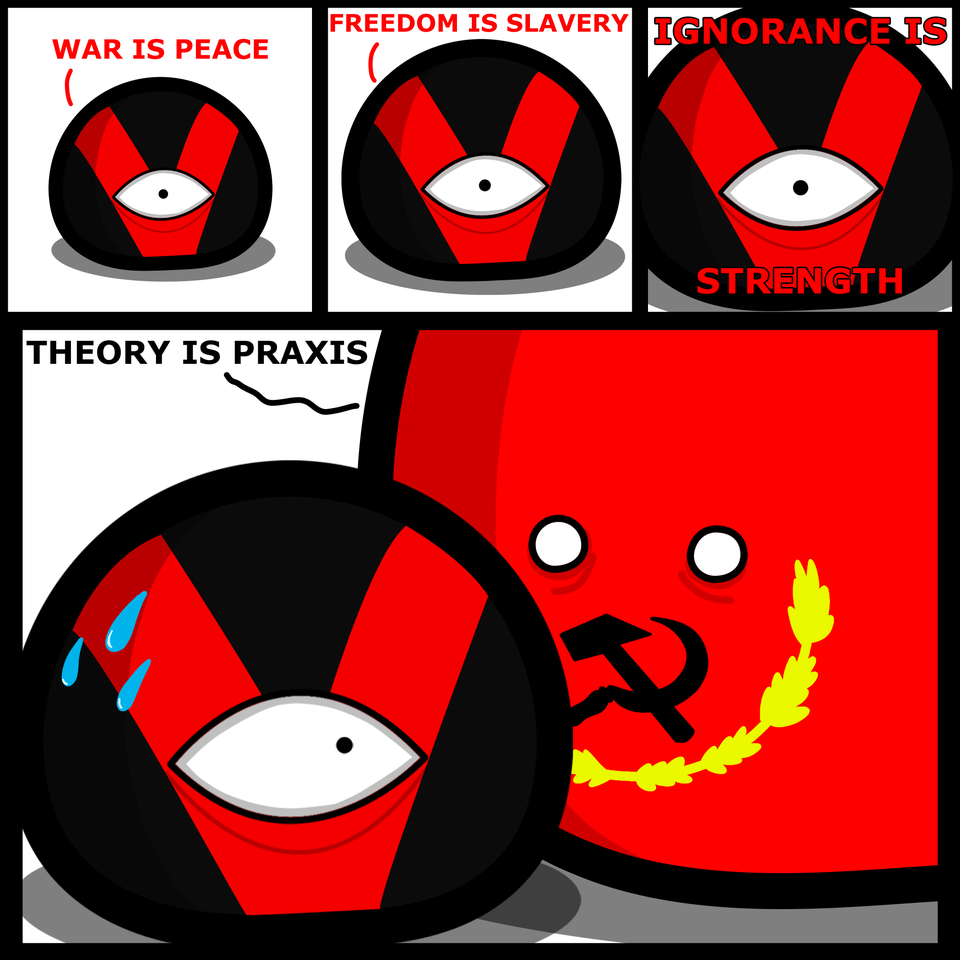
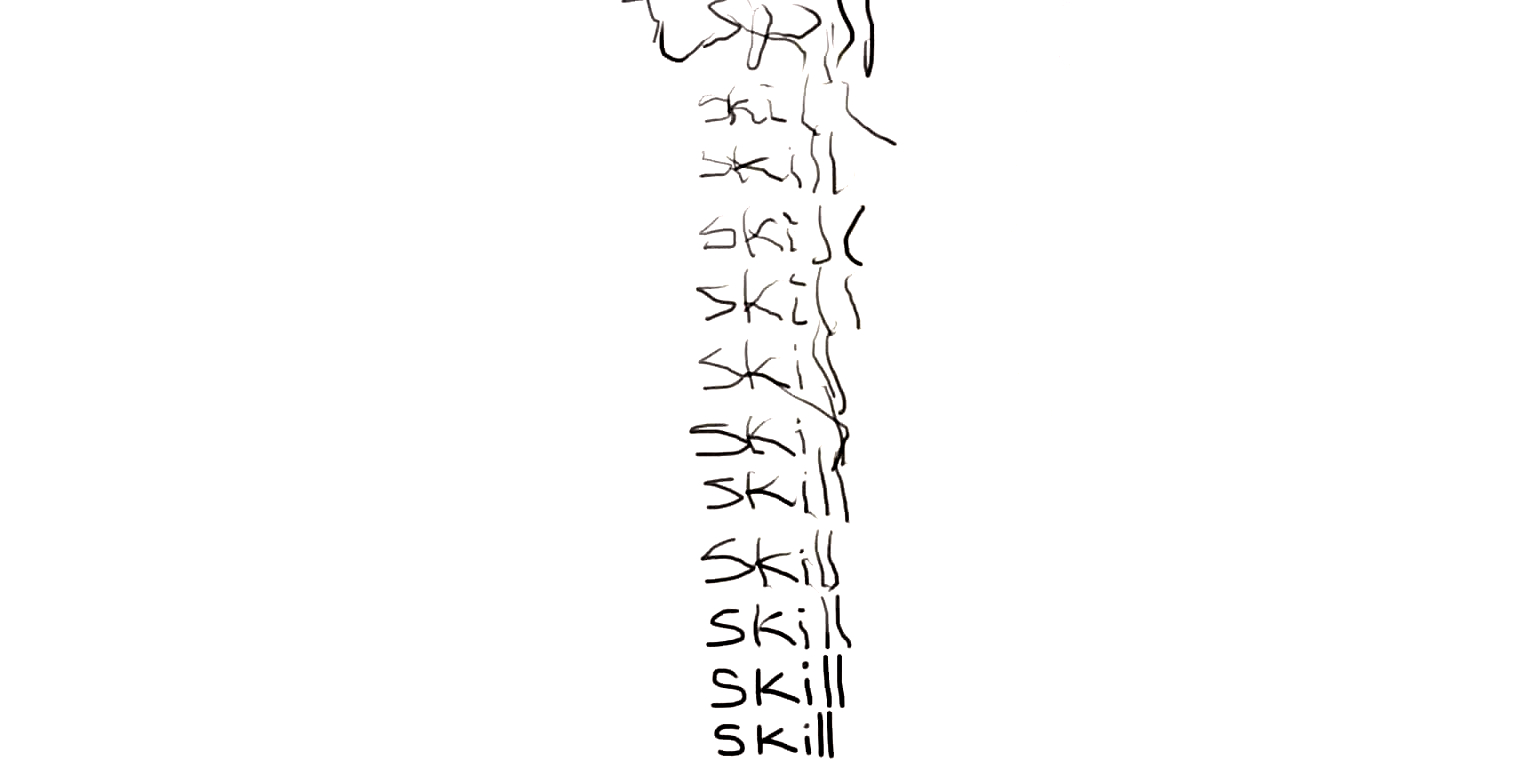
-
Community of practice - a group of people who "share a concern or a passion for something they do and learn how to do it better as they interact regularly"
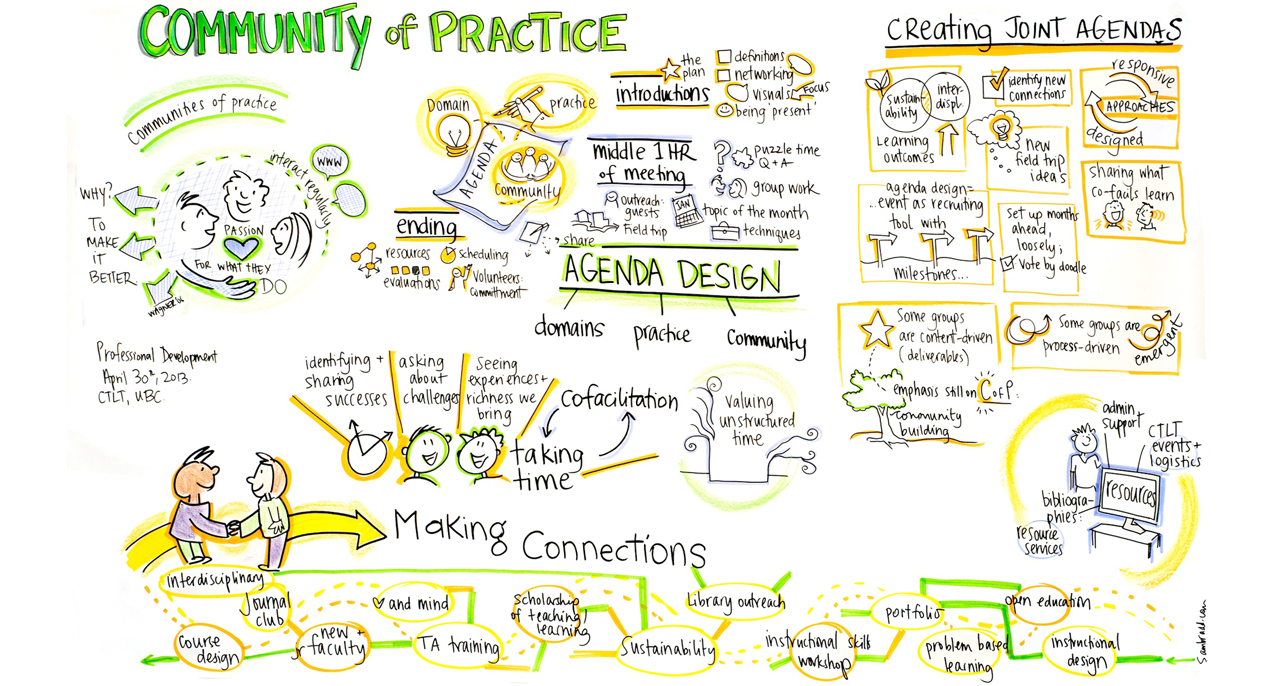
-
The YouTube Revolution in Knowledge Transfer - by Samo Burja (2019)
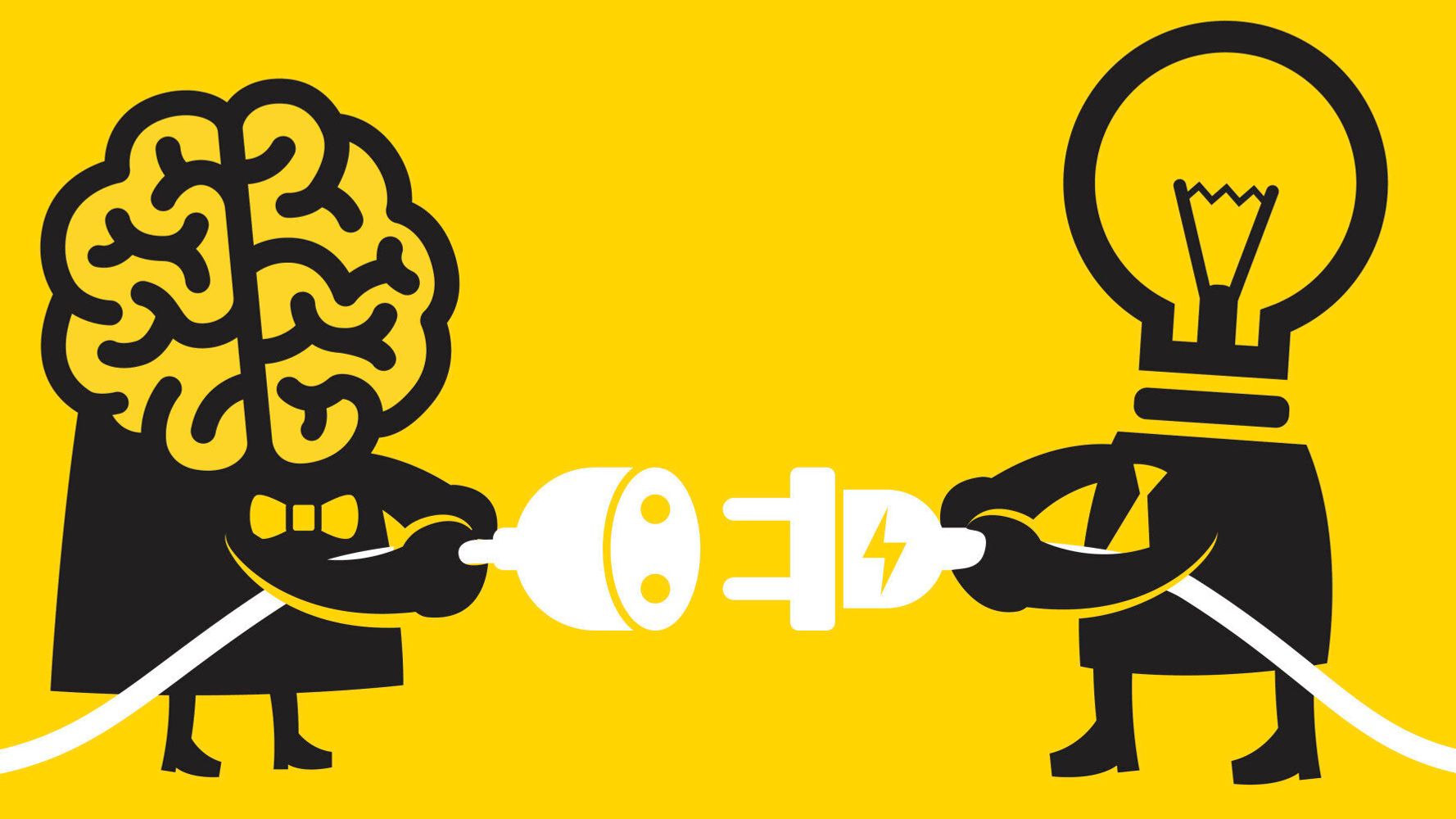
-
A Post-COVID Revival for Community Shopping? Sharing Expertise with “Machizemi”
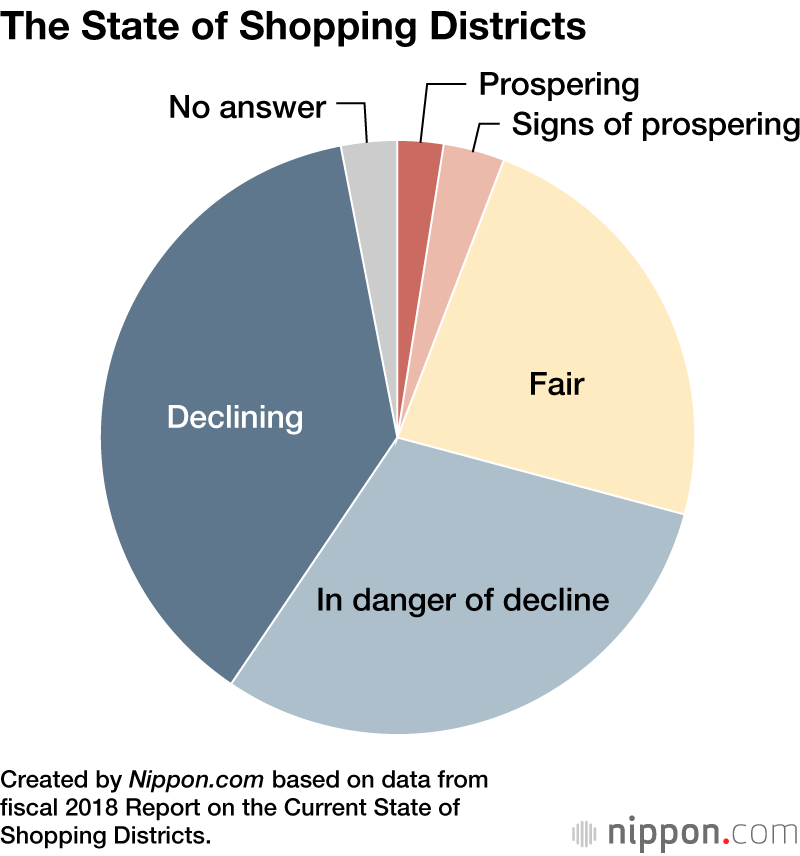
On the Japanese practice of "machizemi" where shop keepers hold learning seminars on things related to their business specialty resulting in increased sales and visitors, revitalization of shopping districts etc. An effective way of competing with malls. A knife shop teaches customers how to sharpen their knives, a restaurant teaches visitors how to cook their speciality, a tea store teaches people who to properly brew tea, etc. So many great stories and ideas here. Should be applicable anywhere in the world.
-
Move to your attention away from Artifacts ("things"), away from Process ("making things"), to Being ("I am - here and now"). Real respect, learning, relaxation, meaning, love and peace requires a unwavering focus on being. Just be, and everything will flow from there.
-
The Careerist vs The Craftsman
"The careerist only leases a part of the process, a specialist with no ownership. Compared to the craftsman, a generalist, who sees their creation through from start to finish, the craftsmen not only owns the creation but owns the entire process"
